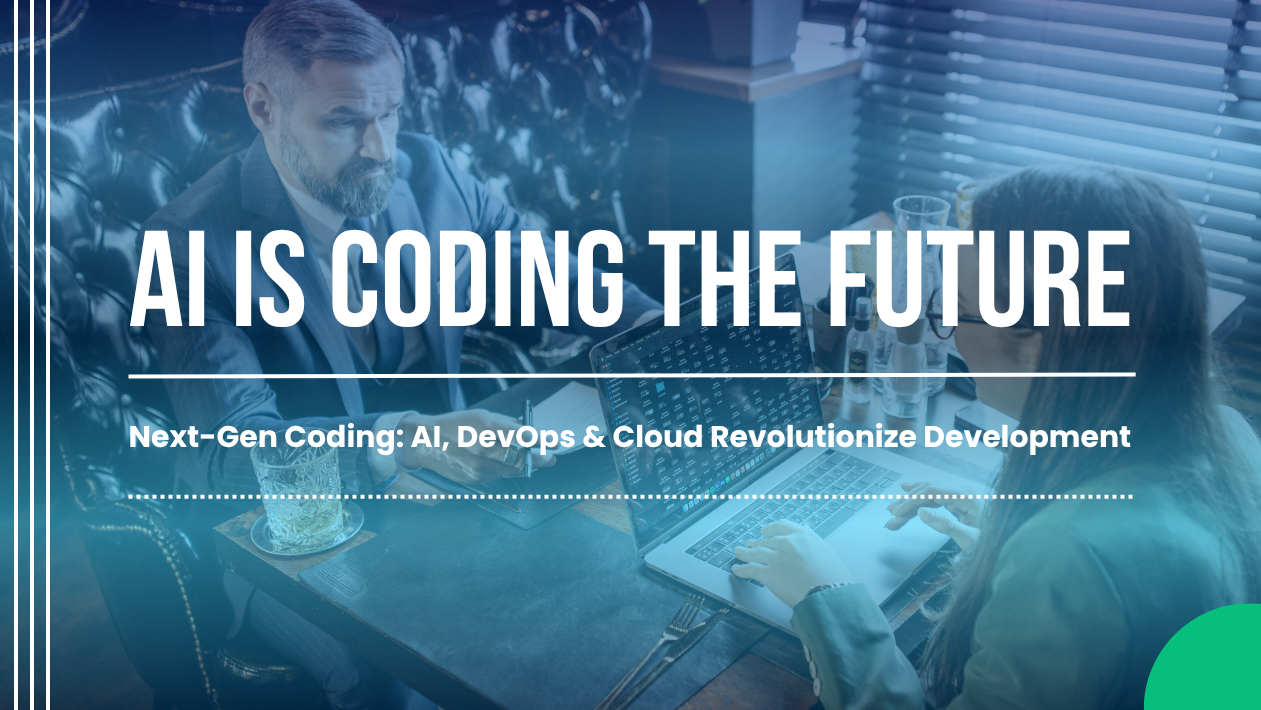The global technology landscape is entering a transformative era as emerging technologies such as artificial intelligence (AI), quantum computing, biotechnology, and extended reality (XR) reshape industries at an unprecedented pace. Analysts predict the emerging tech sector will exceed $4.5 trillion by 2030, fueled by cross-industry adoption and breakthrough research.
AI Becomes Industry-Agnostic
AI is no longer confined to tech companies—it is now integrated into finance, healthcare, manufacturing, education, and government services. From predictive analytics in retail to AI-powered drug discovery in healthcare, machine learning models are optimizing decision-making and reducing operational costs worldwide.
Quantum Computing Moves Closer to Commercialization
Tech giants such as IBM, Google, and Rigetti are achieving record-breaking qubit stability, bringing quantum computing closer to solving real-world problems. Industries including logistics, climate science, and cryptography are already testing early quantum algorithms for applications that traditional supercomputers struggle to handle.
Biotechnology and Genomics Fuel Health Innovation
Advances in CRISPR gene editing, synthetic biology, and precision medicine are revolutionizing how we treat diseases. Startups are creating personalized therapies based on a patient’s genetic profile, while bioengineering firms are developing lab-grown organs and sustainable biomaterials.
XR & the Spatial Internet Redefine Work and Play
The rise of mixed reality headsets and spatial computing platforms is transforming collaboration, training, and entertainment. From immersive corporate meetings to AI-generated virtual worlds, XR technologies are blurring the lines between digital and physical experiences.
5G and Edge Computing Accelerate Connectivity
With 5G networks now deployed in over 80% of urban areas, real-time data processing at the edge is enabling innovations in autonomous vehicles, smart cities, and industrial IoT. This infrastructure shift is expected to unlock new services that depend on ultra-low latency.
Global Collaboration Shapes the Future
International tech alliances are forming to set standards, ensure ethical AI use, and address the cybersecurity challenges that come with rapid technological adoption. Governments are also introducing new frameworks to encourage innovation while safeguarding consumer privacy and digital rights.
Outlook: By 2030, emerging technologies will not just transform industries—they will redefine societal structures, economic models, and even the concept of work itself. The next five years will be a decisive period for companies and nations to position themselves as leaders in this technological revolution.





